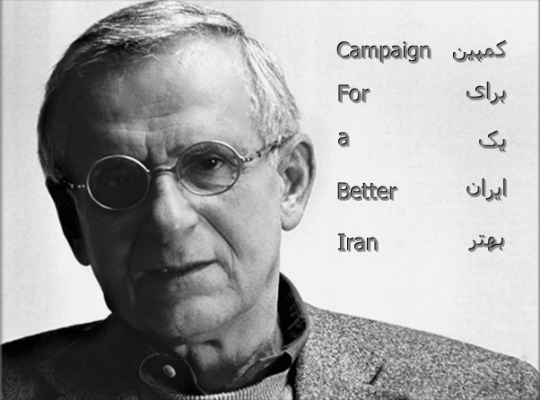Hooshang Amirahmadi feels like a celebrity.
That’s what happens after Glenn Greenwald publishes your name, with consent of course, as one of five identified Muslim-Americans monitored by the National Security Agency and the FBI.
Amirahmadi is a professor of international relations at Rutgers University. He says he has been swamped with interview requests since The Intercept published a report about how the NSA monitored several Muslim-Americans allegedly due to their religious beliefs, which the the Office of the Director of National Intelligence and the Department of Justice on Court-ordered Legal Surveillance of U.S. Persons refuted.
Despite the surveillance revelation, Amirahmadi, who describes himself as a peace activist, wasn’t surprised or angry when Greenwald and his team told him about the government’s surveillance about a month ago.
“The reason I’m not surprised is because I personally have spent 25 years in U.S.-Iran relations and that relation has been the most inimical in the last three decades of any foreign policy matter,” he said. “So it’s not easy to be in the middle of two enemies, and obviously you expect to be suspected.”
He has been on the faculty at Rutgers since 1983, and is the former director of the university’s Center for Middle Eastern Studies. He is the founder and president of the American Iranian Council, a public policy think tank that delves into U.S.-Iran relations.
He twice launched campaigns to run for the Iranian presidency in 2005 and 2013, but was removed from the ballot by the Guardian Council, which controls the election process.
Amirahmadi says he was not just suspected by the U.S., but by the Iranians as being an American agent. He says he finds the fact that he is being monitored natural, as the U.S. and Iran are high-security states and that Amirahmadi’s high profile, especially after traveling between the two countries often, made him a target.
But Amirahmadi says he does not believe he was put under surveillance because of his religion, as he is a proud, but non-practicing, Muslim.
“I am a secular man, I’m a secular democrat,” he said. “I’m sure the U.S. government knows for fact that I’m not a practicing Muslim, that I’m not a religious man, that I don’t practice Islam. I think the reason they put me under surveillance is because of my activities on US-Iran relations, and the fact that I was very high profile between Iran and Washington.”
Amirahmadi believes the U.S. wanted to simply verify that Amirahmadi was not deceiving them.
But he said he also believes Muslim profiling was occurring as five of those identified were Muslim and some are Muslim activists. The NSA spreadsheet listed 202 Americans under surveillance and it is unclear how many exactly are Muslim.
Amirahmadi said in a way, he is acquitted now as both the U.S. and Iran have no reason to suspect him as any type of agent.
“I feel good honestly, I have no grudges against anybody. Again, as a peace activist I cannot have a grudge against anybody. I mean I had expected this kind of thing. I’m glad everything is in order now,” he said.
